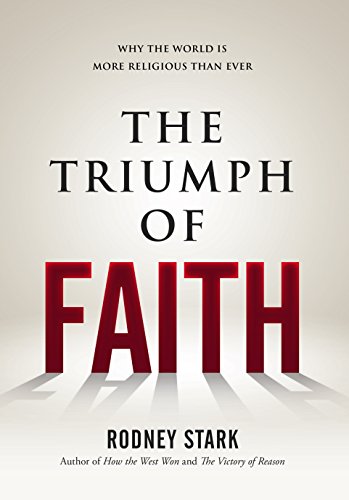


It’s authored by Erin Vearncombe, Brandon Scott, and Hal Taussig-all writing on behalf of the Westar Institute (effectively the umbrella organization for the well-known Jesus Seminar). Well, if someone has such a wish, it can be realized in After Jesus Before Christianity: A Historical Exploration of the First Two Centuries of Jesus Movements (HarperOne, 2021). And then we might wish there were scholars brave enough to recover that lost version of the faith for us, restoring it to its proper place.

Then we might conclude that this earlier (more authentic) version of the faith has been suppressed and forgotten for all these generations. Rather, it’s just a man-made construction-born of politics or power or just random chance-that is out of sync with the earlier (and more authentic) version. So, why all the interest? I think scholars are realizing afresh something that we’ve always known, namely, that the validity of the later (and fuller) version of Christianity is dependent, at least somewhat, on whether its core features can be traced back to the earlier stages of Christianity.Īnd if this can’t be done, if it can be shown that there’s a radical gap between the two, then we might conclude that the Christianity that arose to dominance is not the “real” Christianity after all. Recent books covering this critical time period (and sometimes other periods) include Rodney Stark, The Triumph of Christianity (2011) Larry Hurtado, Destroyer of the gods (2016) my own Christianity at the Crossroads (2017) Bart Ehrman, The Triumph of Christianity (2018) and James Edwards, From Christ to Christianity (2021).

Rather, I’m referring to period immediately after the apostles, mainly the second and third centuries, when Christianity was still in its infancy, struggling to find its way in a hostile Roman world. The last decade has witnessed a resurgence of academic interest in early Christianity.īy “early Christianity,” I don’t mean the Christianity represented by the major figures in the fourth and fifth centuries when the church had risen to power-for example, Athanasius, Constantine, Augustine.


 0 kommentar(er)
0 kommentar(er)
